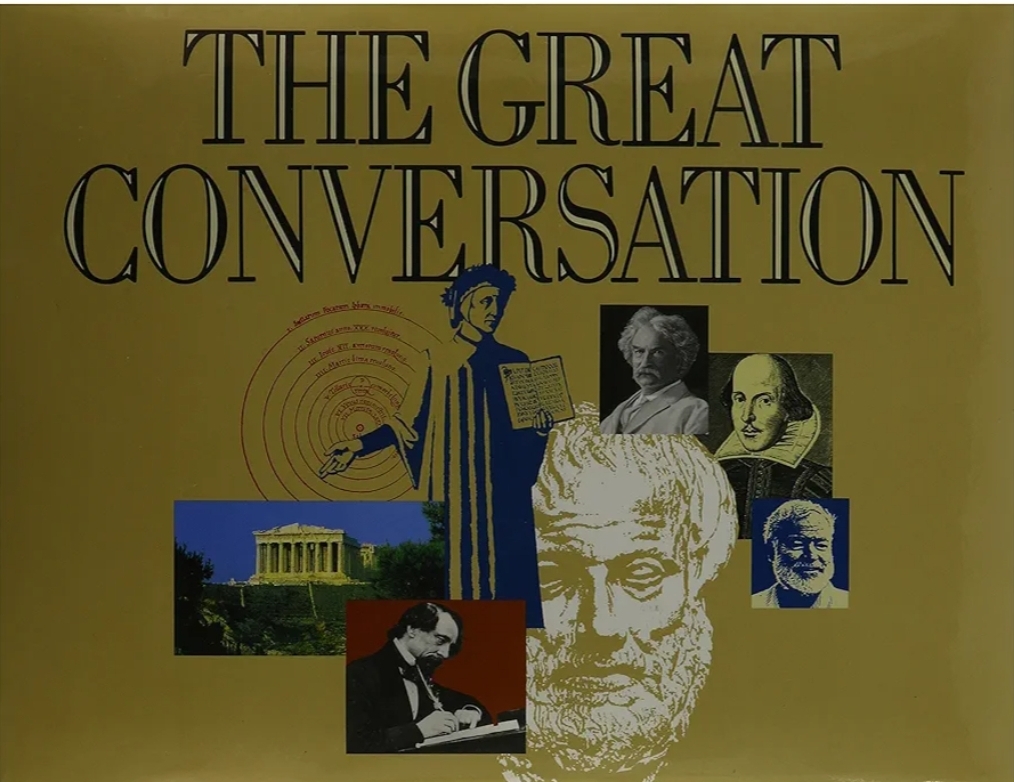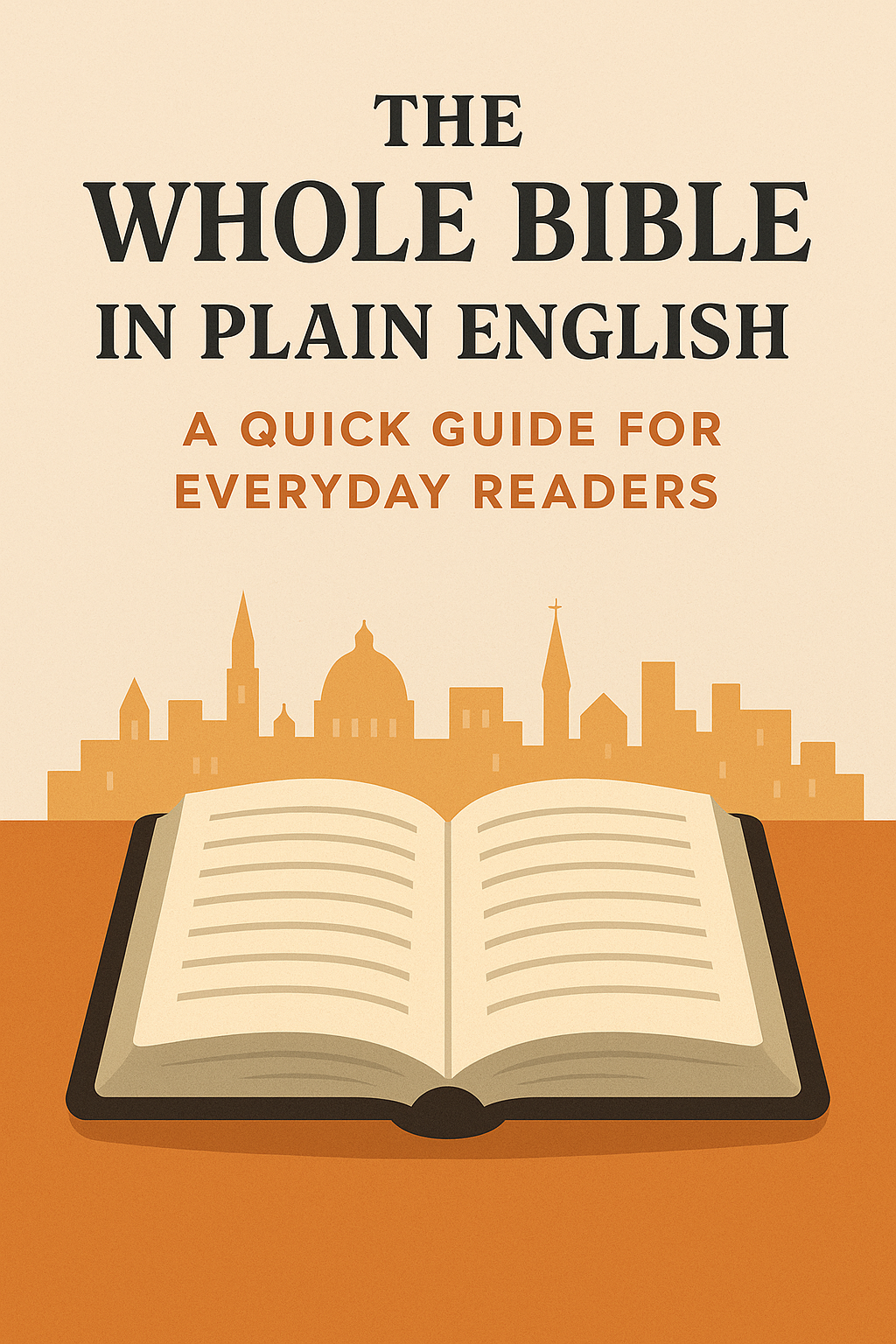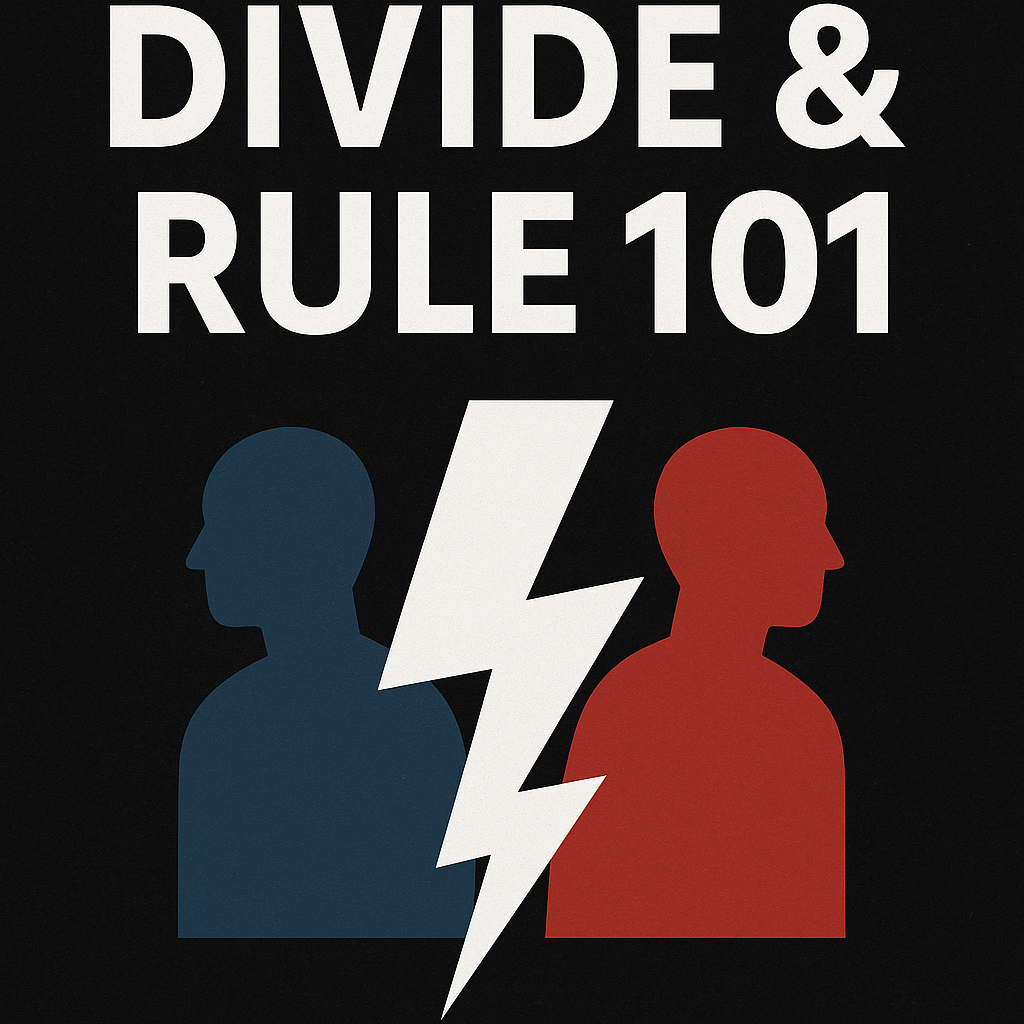“The Great Conversation” by Robert Maynard Hutchins is an introductory volume in the Great Books of the Western World series, published by Encyclopaedia Britannica in 1952. Hutchins, an influential educator and philosopher, was the president and chancellor of the University of Chicago and a strong advocate for liberal education.
Overview:
“The Great Conversation” serves as both an introduction and a defense of liberal education through the study of great works of Western thought. It argues that the most significant ideas and questions in human history are best explored through a dialogue spanning centuries, where thinkers build upon, critique, and respond to one another’s work.
Key Themes and Ideas:
The Concept of the Great Conversation:
- The “Great Conversation” is the ongoing dialogue across generations, involving the most influential works of literature, philosophy, science, and political thought.
- Hutchins emphasizes that these works are interconnected, forming a continuous discourse about fundamental human questions.
Purpose of Liberal Education:
- Hutchins argues that education should not be about vocational training or mere accumulation of facts but about cultivating the intellect.
- He advocates for a classical education that emphasizes critical thinking, moral reasoning, and an understanding of fundamental ideas that shape civilization.
Timeless Relevance of Classic Works:
- Great books are timeless because they address fundamental human concerns: justice, morality, truth, knowledge, and human nature.
- Reading and engaging with these texts fosters a deeper understanding of the human experience.
The Role of Dialogue:
- The essence of the Great Conversation lies in its dialogical nature—how authors respond to the ideas of others, agree, disagree, and build upon previous thought.
- For example, how Aristotle responds to Plato, how Aquinas synthesizes Christian doctrine with ancient philosophy, or how modern thinkers challenge or reinterpret classical ideas.
Democratizing Knowledge:
- Hutchins believed that the Great Books should not be the reserve of an intellectual elite but accessible to all citizens.
- He argued that democracy thrives when citizens are educated, thoughtful, and capable of critical reflection.
Critique of Modern Education:
- Hutchins was critical of the trend toward specialization and vocational training at the expense of holistic education.
- He warned that neglecting classical learning diminishes one’s ability to think broadly and critically.
Structure of the Book:
The book is divided into sections that discuss:
- The idea of the Great Conversation itself.
- The purpose and importance of liberal education.
- The role of great books in preserving and advancing human knowledge.
- Practical advice on how to engage with these texts.
Reception and Impact:
- The book sparked debates about the nature and purpose of education in the modern world.
- While some critics viewed his ideas as elitist or outdated, many educators and intellectuals praised Hutchins for defending the value of classical education.
Influence and Legacy:
- “The Great Conversation” remains a foundational text for advocates of classical liberal arts education.
- It shaped the approach of the Great Books of the Western World series, which aimed to make classic texts more accessible to the general public.
- Hutchins’ ideas continue to influence discussions on the purpose of education and the enduring value of the Western canon.
Notable Quotes from the Book:
- “The best education for the best is the best education for all.”
- “The aim of education is wisdom, and each must choose for himself the path of wisdom.”
- “The Great Conversation is the means by which the achievements of one generation are communicated to the next.”
Below is a chapter-by-chapter breakdown:
Chapter 1: The Tradition of the West
- Main Idea: Hutchins discusses the unique intellectual tradition of the Western world, emphasizing the continuity of ideas and the dialogue between thinkers across generations.
- Key Points:
- The “Great Conversation” refers to the ongoing discourse through centuries among great thinkers.
- Western civilization is marked by the transmission and evolution of ideas from ancient Greece and Rome to modern times.
- The importance of engaging with original texts to understand the development of ideas.
Chapter 2: Liberal Education and Its Importance
- Main Idea: The purpose of liberal education is to cultivate a well-rounded, thoughtful individual.
- Key Points:
- Liberal education transcends mere vocational training and aims to develop critical thinking.
- Education should be about teaching people how to think, not just what to think.
- The role of the Great Books in fostering intellectual and moral growth.
Chapter 3: The Decline of Liberal Education
- Main Idea: Hutchins critiques the modern education system for its focus on specialization and vocational training.
- Key Points:
- Modern education often sacrifices the cultivation of wisdom for practical skills.
- The fragmentation of knowledge undermines holistic understanding.
- A call for reintegration of classical education to preserve cultural heritage and critical reasoning.
Chapter 4: The Aim of Education
- Main Idea: Education should aim to develop the whole person, equipping individuals to participate in civic life and personal growth.
- Key Points:
- An educated person should be able to engage thoughtfully with complex ideas.
- Practical knowledge should not overshadow the development of judgment and virtue.
- The Great Books serve as foundational texts to nurture intellectual freedom.
Chapter 5: The Role of the Great Books
- Main Idea: The Great Books represent the intellectual heritage of Western civilization and are essential to understanding humanity’s fundamental questions.
- Key Points:
- The selection of books spans disciplines and centuries, forming a comprehensive canon of thought.
- Reading these works fosters intellectual maturity and a deeper understanding of human nature.
- They are tools for engaging with the most profound questions about existence, ethics, and society.
Chapter 6: The Great Conversation Continues
- Main Idea: The conversation among great thinkers is ongoing, and each generation has a duty to participate and contribute.
- Key Points:
- Modern readers should not just consume but actively engage with these ideas.
- Critical dialogue and questioning are essential to sustaining the intellectual tradition.
- The importance of keeping the Great Conversation alive through education and scholarship.
Chapter 7: The Great Books and Democratic Citizenship
- Main Idea: A liberal education rooted in the Great Books is essential for maintaining a healthy democracy.
- Key Points:
- Educated citizens are crucial for critical assessment and civic responsibility.
- Without intellectual development, democracy risks devolving into tyranny or mob rule.
- Encouraging a populace capable of critical thought and informed decision-making.
Chapter 8: Implementing Liberal Education
- Main Idea: Hutchins proposes practical ways to integrate the Great Books into modern education.
- Key Points:
- Curriculum design should balance classical knowledge with contemporary relevance.
- Schools should emphasize discussion, interpretation, and reflection on core texts.
- Teaching should encourage lifelong learning and continuous intellectual engagement.
Conclusion
Hutchins concludes that liberal education, centered around the Great Books, is not only a means of preserving cultural heritage but also an essential component of personal and societal flourishing. He argues that reinvigorating education with classical wisdom and critical engagement will help individuals and societies navigate the complexities of modern life with insight and integrity.






